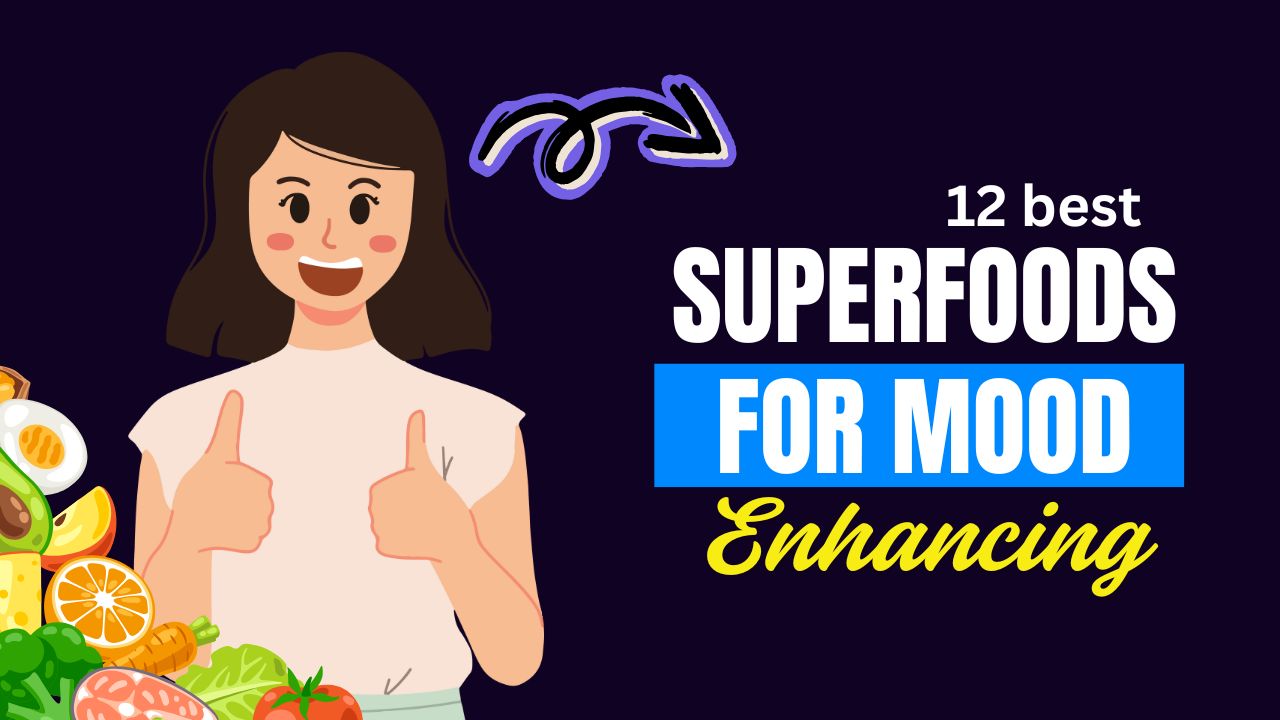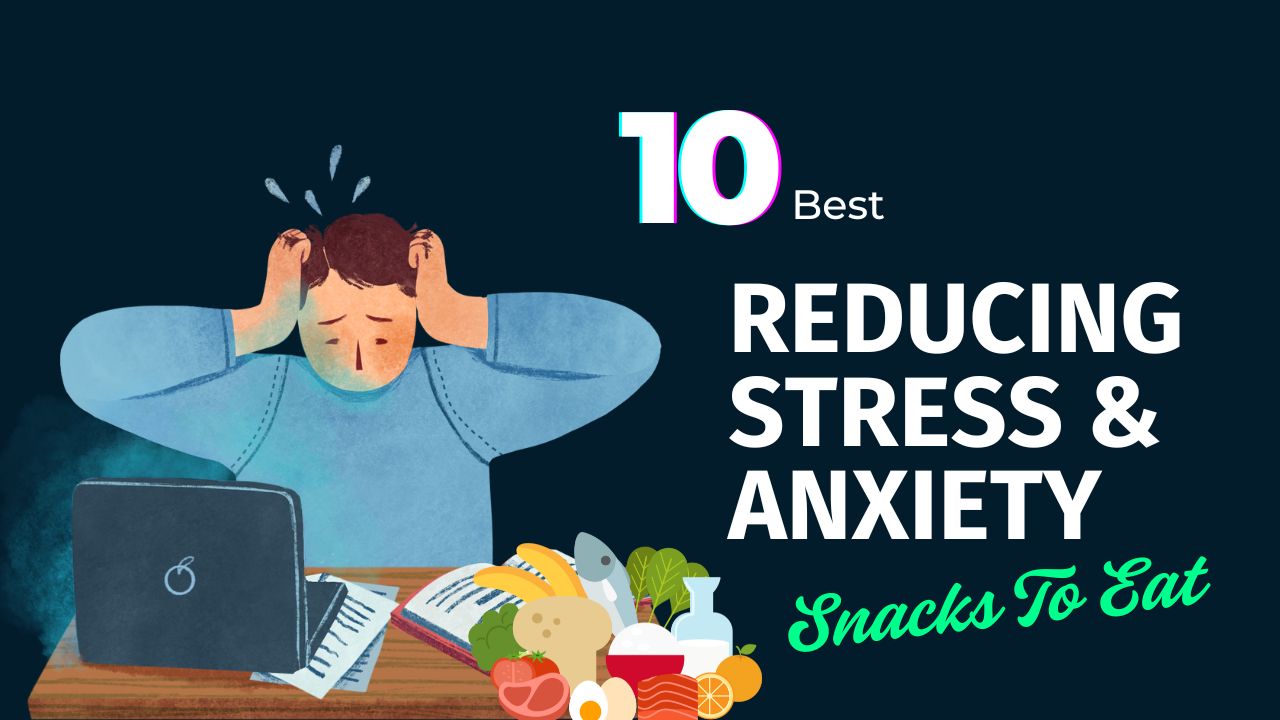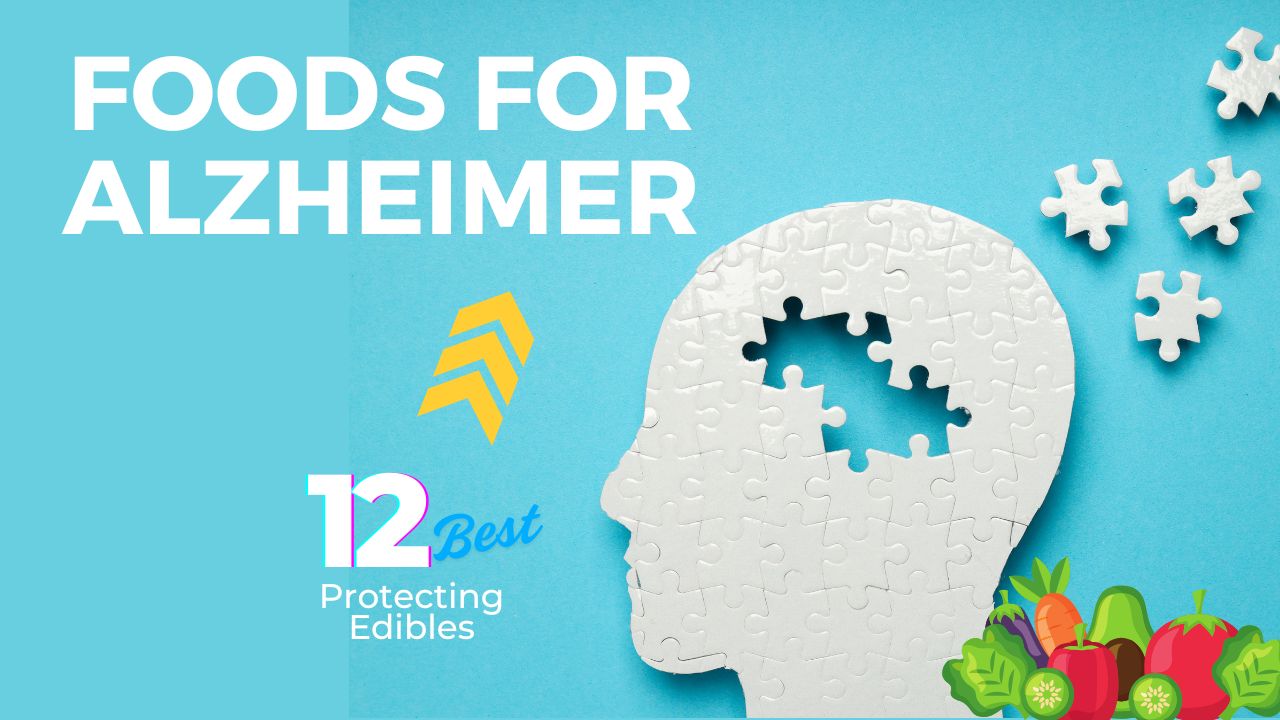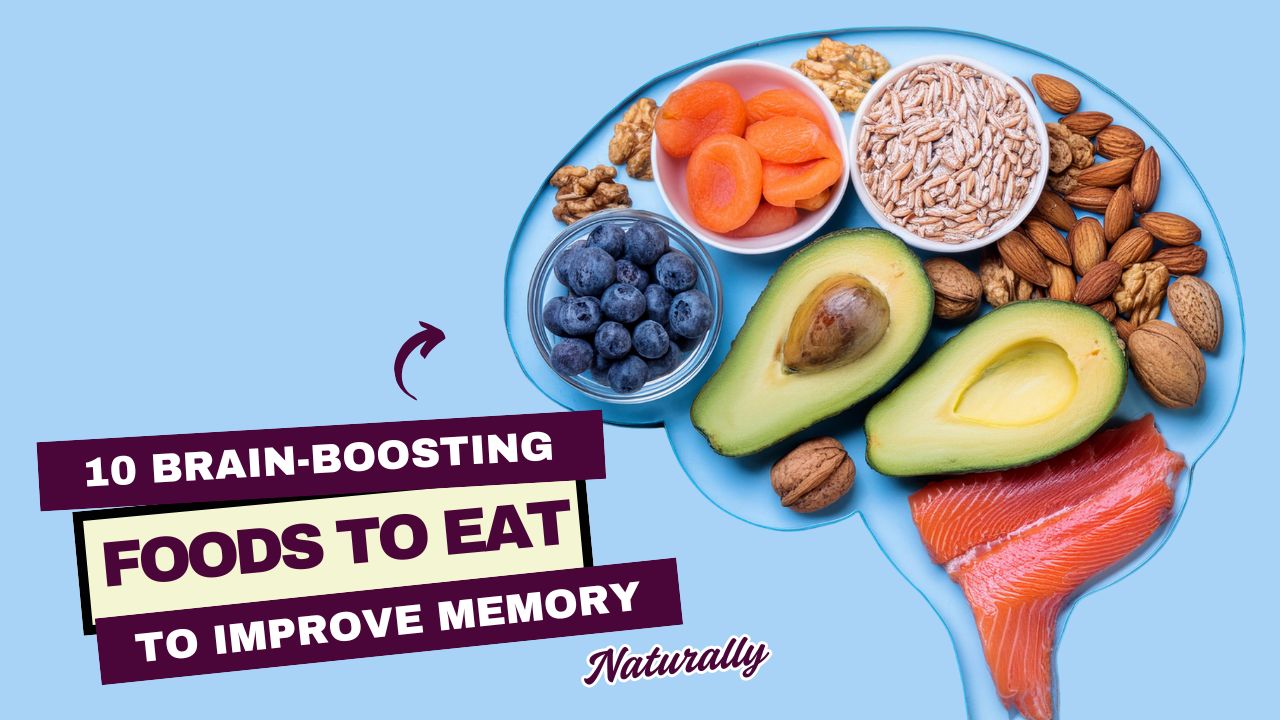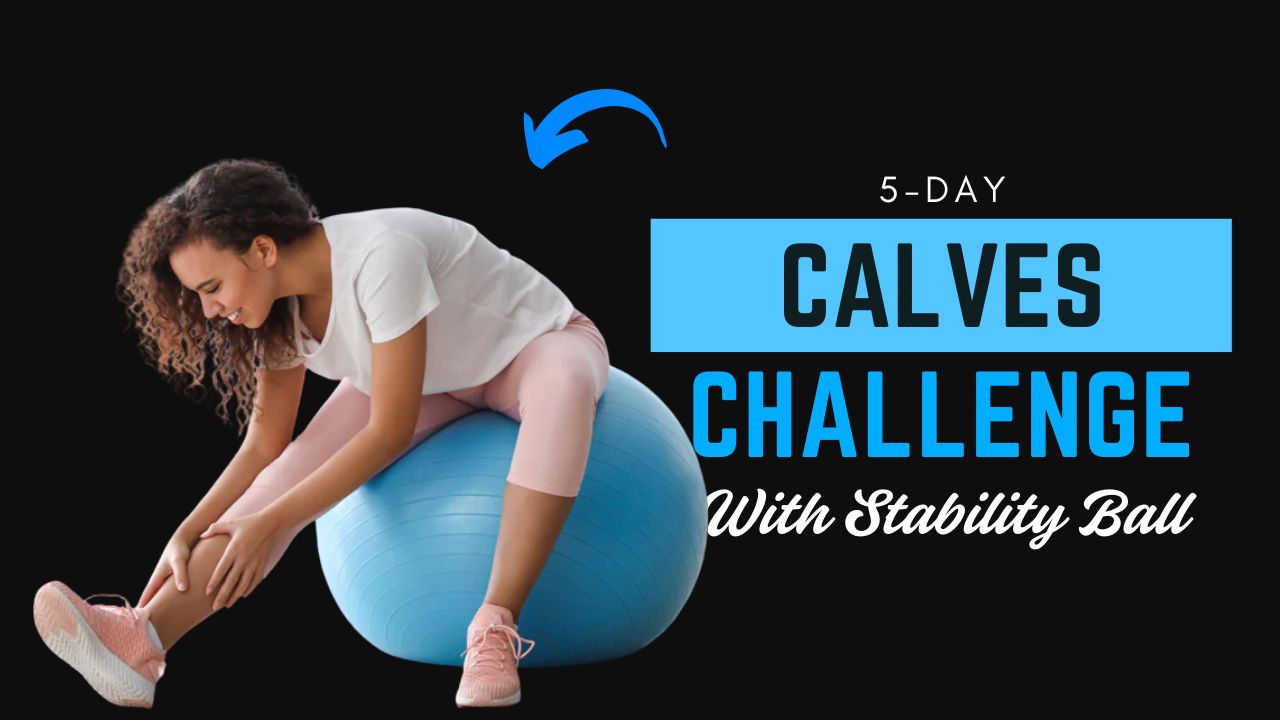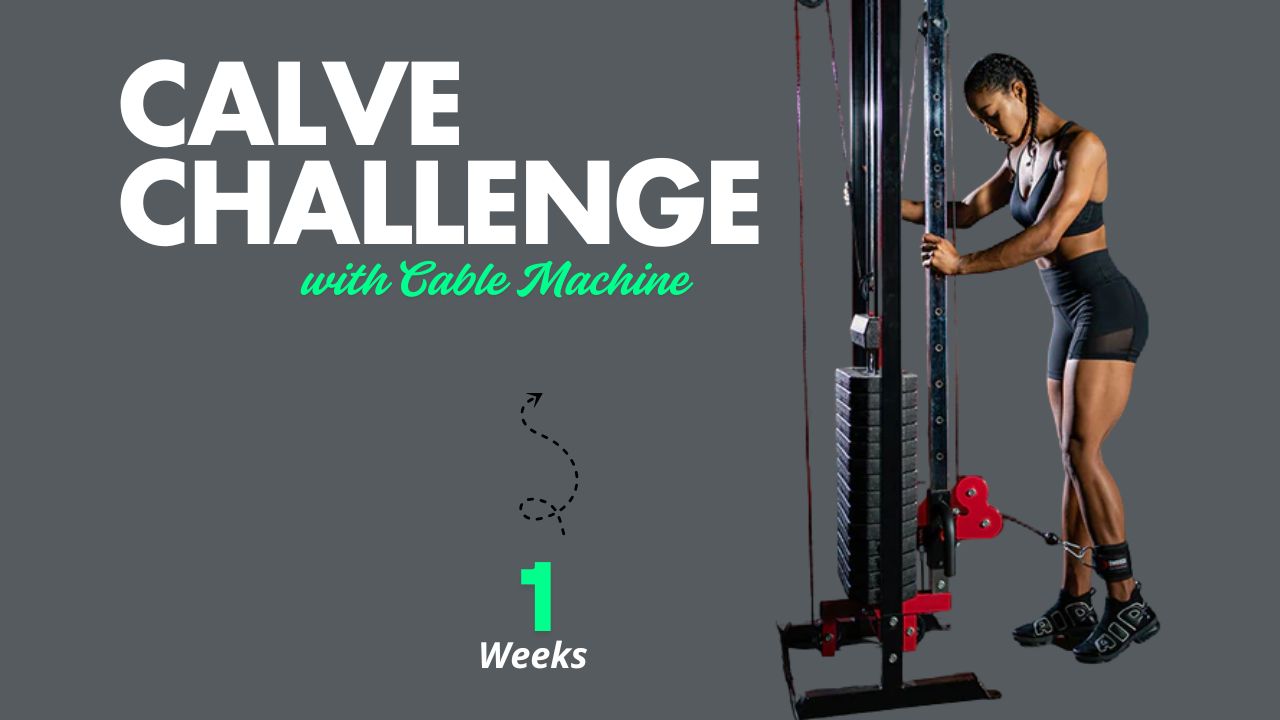Do you know that your brain is nearly 60% fat, and much of it comes from omega-3 fatty acids? These essential fats are crucial for memory, focus, and cognitive performance.
Yet, many people struggle with low concentration, forgetfulness, and mental fatigue without realizing that their diet plays a significant role.
In this post, we’ll dive into 15 omega-3-rich foods that can help sharpen your focus, enhance memory, and support overall brain health.
You’ll also learn the best ways to eat them, who can benefit most, storage tips, possible side effects, and simple do’s and don’ts to make the most out of these brain-boosting foods.

Table of Contents
Best 15 Omega-3 Rich Foods
1. Salmon
Benefits
Salmon is packed with EPA and DHA, two types of omega-3 fatty acids linked to improved cognition and mood. Studies suggest that eating salmon regularly can help protect your brain from age-related decline.
Best Ways to Eat
- Grilled, baked, or poached
- Add to salads or sandwiches
- Blend into smoothies for a creamy texture
Who Should Eat / Avoid
Good for: Students, professionals, pregnant women, and anyone seeking mental clarity
Avoid/Limit if: Allergic to fish or have high mercury sensitivity
Storage & Buying Tips
- Choose wild-caught salmon for higher omega-3 content
- Store in the coldest part of the fridge and consume within 2 days
- Freeze for up to 3 months
Do’s & Don’ts
| ✅ Do | ❌ Don’t |
|---|---|
| Eat fresh or lightly cooked | Overcook (reduces omega-3 content) |
| Pair with leafy greens | Store at room temperature |
Possible Side Effects
Rarely, high intake may lead to digestive discomfort or fishy aftertaste.
2. Chia Seeds
Benefits
Tiny but mighty, chia seeds are loaded with ALA, a plant-based omega-3. They also provide fiber and protein, which can help regulate blood sugar and sustain energy for better concentration.
Best Ways to Eat
- Sprinkle on yogurt or oatmeal
- Make chia puddings with almond milk
- Blend into smoothies
Who Should Eat / Avoid
Good for: Vegans, vegetarians, and weight-management seekers
Avoid/Limit if: Difficulty swallowing or prone to digestive blockage
Storage & Buying Tips
- Store in an airtight container in a cool, dark place
- Refrigerate to extend shelf life up to 2 years
Do’s & Don’ts
| ✅ Do | ❌ Don’t |
|---|---|
| Soak before eating | Consume dry in large amounts |
| Mix with liquids | Ignore hydration when eating large portions |
Possible Side Effects
Overconsumption may cause bloating or mild digestive upset.
3. Walnuts
Benefits
Walnuts contain ALA and antioxidants that reduce inflammation and promote brain health. Studies link walnut consumption to improved memory and faster cognitive processing.
Best Ways to Eat
- Snack raw or roasted (unsalted)
- Add to oatmeal or salads
- Use walnut butter as a spread
Who Should Eat / Avoid
Good for: Students, office workers, and anyone with cognitive fatigue
Avoid/Limit if: Nut allergies
Storage & Buying Tips
- Store in airtight containers in the fridge to prevent rancidity
- Buy in small batches for maximum freshness
Do’s & Don’ts
| ✅ Do | ❌ Don’t |
|---|---|
| Eat raw or lightly roasted | Over-roast or over-salt |
| Combine with fruits | Store in warm areas |
Possible Side Effects
Excessive intake may cause mild stomach upset due to high fat content.
4. Flaxseeds
Benefits
Flaxseeds are rich in ALA and lignans, which support brain function and protect against oxidative stress. They’re also an excellent source of fiber.
Best Ways to Eat
- Ground and added to smoothies
- Mix into baked goods or cereals
- Combine with yogurt or oatmeal
Who Should Eat / Avoid
Good for: Vegans, individuals with high cholesterol, and those wanting mental clarity
Avoid/Limit if: May cause digestive discomfort in large amounts
Storage & Buying Tips
- Store whole seeds in a cool, dark place
- Grind fresh to maximize nutrient absorption
Do’s & Don’ts
| ✅ Do | ❌ Don’t |
|---|---|
| Consume ground for better absorption | Store ground for too long (loses nutrients) |
| Mix with liquids or foods | Ignore fiber intake balance |
Possible Side Effects
Can cause mild bloating if consumed in very large quantities.
5. Sardines
Benefits
Sardines are one of the richest sources of EPA and DHA. They are also packed with vitamin B12, which is essential for cognitive function and nerve health.
Best Ways to Eat
- Add to salads or pasta
- Eat straight from the can (packed in water or olive oil)
- Spread on toast
Who Should Eat / Avoid
Good for: Anyone looking for a budget-friendly brain food
Avoid/Limit if: Fish allergy or high sodium sensitivity
Storage & Buying Tips
- Prefer cans packed in water or olive oil
- Consume immediately after opening
Do’s & Don’ts
| ✅ Do | ❌ Don’t |
|---|---|
| Choose sustainably sourced | Overcook or microwave canned sardines |
| Combine with leafy vegetables | Ignore sodium content |
Possible Side Effects
High sodium content may be a concern for those with hypertension.
6. Mackerel
Benefits
Mackerel contains a high dose of DHA and EPA, which improve focus and protect against cognitive decline. It’s also a great source of vitamin D.
Best Ways to Eat
- Grilled, broiled, or smoked
- Add to sandwiches or salads
- Include in fish stews or curries
Who Should Eat / Avoid
Good for: Adults seeking brain health support
Avoid/Limit if: Pregnant women should avoid high-mercury varieties
Storage & Buying Tips
- Buy fresh or frozen
- Keep refrigerated and consume within 1–2 days
Do’s & Don’ts
| ✅ Do | ❌ Don’t |
|---|---|
| Pair with citrus to enhance iron absorption | Consume raw (risk of bacteria) |
| Rotate types of fish for variety | Overcook at high heat |
Possible Side Effects
Excess intake may cause mild digestive issues.
7. Hemp Seeds
Benefits
Hemp seeds are rich in ALA and offer a balanced ratio of omega-6 to omega-3 fatty acids, which is ideal for reducing inflammation and improving brain function.
Best Ways to Eat
- Sprinkle on cereals or salads
- Blend into smoothies
- Mix with yogurt or nut butter
Who Should Eat / Avoid
Good for: Vegans, vegetarians, athletes
Avoid/Limit if: Rare allergy to seeds
Storage & Buying Tips
- Store in airtight containers in the fridge
- Use within a few months for maximum freshness
Do’s & Don’ts
| ✅ Do | ❌ Don’t |
|---|---|
| Include in daily diet | Buy pre-ground and store long-term |
| Combine with vitamin C-rich foods | Ignore proper portion size |
Possible Side Effects
Rare digestive upset if consumed excessively.
8. Eggs (Omega-3 Enriched)
Benefits
Omega-3 enriched eggs contain DHA that supports cognitive function and attention span. They are also an excellent source of high-quality protein.
Best Ways to Eat
- Boiled, scrambled, or poached
- Add to salads or sandwiches
- Include in baking recipes
Who Should Eat / Avoid
Good for: Students, pregnant women, and office workers
Avoid/Limit if: Egg allergy or high cholesterol sensitivity
Storage & Buying Tips
- Store in the fridge at 4°C or below
- Consume within 3–5 weeks of purchase
Do’s & Don’ts
| ✅ Do | ❌ Don’t |
|---|---|
| Prefer omega-3 enriched eggs | Eat raw without pasteurization |
| Combine with vegetables | Overcook to prevent nutrient loss |
Possible Side Effects
Excessive consumption may affect cholesterol levels in sensitive individuals
9. Algae Oil
Benefits
Algae oil is a plant-based source of DHA, one of the most important omega-3s for brain function. It’s ideal for vegans and vegetarians, and research shows it can improve memory and mental clarity.
Best Ways to Eat
- Add to smoothies or salad dressings
- Use in cooking at low temperatures
- Take as a supplement if preferred
Who Should Eat / Avoid
Good for: Vegans, vegetarians, and those who avoid fish
Avoid/Limit if: Allergic to algae products
Storage & Buying Tips
- Store in a cool, dark place
- Use capsules or oils before the expiration date for maximum potency
Do’s & Don’ts
| ✅ Do | ❌ Don’t |
|---|---|
| Include in daily diet | Overheat oil while cooking |
| Pair with antioxidant-rich foods | Ignore dosage instructions |
Possible Side Effects
May cause mild digestive upset in some people.
10. Krill Oil
Benefits
Krill oil is a marine-based source of EPA and DHA, known for high bioavailability. Studies suggest it can enhance cognitive function and reduce inflammation in the brain.
Best Ways to Eat
- Take as capsules or soft gels
- Include in smoothies (if liquid form)
- Add to salad dressings
Who Should Eat / Avoid
Good for: Adults seeking mental clarity and cardiovascular support
Avoid/Limit if: Shellfish allergy or on blood-thinning medications
Storage & Buying Tips
- Store capsules in a cool, dark place
- Keep away from heat and sunlight
Do’s & Don’ts
| ✅ Do | ❌ Don’t |
|---|---|
| Take consistently as per label | Take excessive doses |
| Pair with healthy meals | Ignore expiry dates |
Possible Side Effects
Can cause mild fishy aftertaste or gastrointestinal discomfort.
11. Soybeans
Benefits
Soybeans contain ALA and isoflavones, which may support cognitive function and help regulate mood. They’re also rich in protein, making them ideal for brain and body health.
Best Ways to Eat
- Boiled as edamame
- In tofu or tempeh
- Blend soy milk into smoothies
Who Should Eat / Avoid
Good for: Vegetarians, vegans, and adults looking to improve mental clarity
Avoid/Limit if: Soy allergy or thyroid issues
Storage & Buying Tips
- Store dried soybeans in a cool, dark place
- Refrigerate cooked soy or tofu and consume within 3–4 days
Do’s & Don’ts
| ✅ Do | ❌ Don’t |
|---|---|
| Cook thoroughly | Consume raw soybeans |
| Combine with vegetables | Ignore portion sizes |
Possible Side Effects
Large amounts may cause bloating or mild digestive upset.
12. Spinach
Benefits
Spinach is a plant-based source of ALA and provides lutein, folate, and antioxidants that support brain health and memory. Regular intake may improve attention and cognitive processing.
Best Ways to Eat
- Add raw to salads or smoothies
- Lightly sauté or steam
- Include in omelets or wraps
Who Should Eat / Avoid
Good for: Students, office workers, and anyone seeking improved focus
Avoid/Limit if: Kidney stone history (high oxalate content)
Storage & Buying Tips
- Choose fresh, dark green leaves
- Store in the fridge and use within 3–4 days
Do’s & Don’ts
| ✅ Do | ❌ Don’t |
|---|---|
| Eat raw or lightly cooked | Overcook, which reduces nutrients |
| Pair with vitamin C foods | Store for too long |
Possible Side Effects
Excessive intake may contribute to kidney stone formation in susceptible individuals.
13. Brussels Sprouts
Benefits
Brussels sprouts provide ALA, antioxidants, and vitamin K, all of which support cognitive health and reduce inflammation. Regular consumption may help improve memory and concentration.
Best Ways to Eat
- Roasted with olive oil
- Steamed or sautéed
- Add to salads or stir-fries
Who Should Eat / Avoid
Good for: Brain health seekers, weight-conscious individuals
Avoid/Limit if: Hypothyroidism (due to goitrogenic compounds)
Storage & Buying Tips
- Choose firm, bright green sprouts
- Refrigerate in a perforated bag for up to a week
Do’s & Don’ts
| ✅ Do | ❌ Don’t |
|---|---|
| Cook lightly to retain nutrients | Boil excessively |
| Combine with healthy fats | Ignore freshness |
Possible Side Effects
May cause mild gas or bloating if eaten in large amounts.
14. Canola Oil
Benefits
Canola oil is a cooking-friendly source of ALA, which supports cognitive function. It’s versatile and can be used for a wide variety of dishes while providing heart-healthy fats.
Best Ways to Eat
- Use for sautéing or stir-frying at medium heat
- Add to salad dressings or marinades
- Incorporate in baking recipes
Who Should Eat / Avoid
Good for: General brain and heart health
Avoid/Limit if: Allergic to canola or highly sensitive to processed oils
Storage & Buying Tips
- Store in a cool, dark place
- Choose cold-pressed, minimally processed versions
Do’s & Don’ts
| ✅ Do | ❌ Don’t |
|---|---|
| Use moderately in daily cooking | Fry at very high temperatures |
| Combine with vegetables | Ignore expiration dates |
Possible Side Effects
Excessive consumption may lead to calorie overload.
15. Walnuts (Reinforced)
Benefits
Walnuts are an excellent ALA source that promotes memory, focus, and mood stabilization. Eating walnuts regularly may improve mental agility and learning capabilities.
Best Ways to Eat
- Snack raw or lightly toasted
- Blend into smoothies or oatmeal
- Sprinkle on salads or yogurt
Who Should Eat / Avoid
Good for: Students, professionals, and anyone seeking enhanced brain function
Avoid/Limit if: Nut allergies
Storage & Buying Tips
- Keep in airtight containers in the fridge to prevent rancidity
- Consume within a few weeks for peak freshness
Do’s & Don’ts
| ✅ Do | ❌ Don’t |
|---|---|
| Eat raw or lightly roasted | Over-roast or over-salt |
| Pair with fruits | Store in warm areas |
Possible Side Effects
High fat content may cause mild digestive upset if consumed in very large amounts.
Conclusion
From marine sources like salmon and krill oil to plant-based options like chia seeds, flaxseeds, and spinach, these 15 omega-3-rich foods are essential for sharper focus, memory, and overall brain health.
Incorporating a mix of these foods in your daily diet can help combat brain fatigue, support cognitive performance, and protect against age-related decline.
Start by adding one or two of these foods to your meals each day. Experiment with different ways to cook and combine them to keep your diet interesting. Your brain will reward you with improved focus, faster thinking, and better memory.
Frequently Asked Questions (FAQs)
What are omega-3 fatty acids?
Omega-3 fatty acids are essential fats that your body cannot produce on its own. They play a crucial role in brain function, reducing inflammation, and supporting heart health. The main types are ALA (plant-based), EPA, and DHA (mostly from marine sources).
How do omega-3s improve focus and concentration?
Omega-3s, particularly DHA, are vital for maintaining brain cell structure and signaling. They help improve memory, cognitive function, and mental clarity, which directly enhances focus and concentration.
Which foods are the richest in omega-3?
Fatty fish like salmon, mackerel, and sardines, as well as plant-based sources like chia seeds, flaxseeds, walnuts, and spinach, are among the richest omega-3 foods. Algae oil is a great vegan-friendly option.
Can I get enough omega-3s from plant-based foods alone?
Yes, plant-based foods provide ALA, which your body can partially convert to EPA and DHA. However, the conversion rate is limited, so including algae oil or fish (if not vegan) can help meet optimal omega-3 needs.
How much omega-3 should I consume daily?
The general recommendation for adults is about 250–500 mg of combined EPA and DHA per day. For ALA from plant sources, 1.1–1.6 grams per day is suggested. Individual needs may vary based on age, health status, and lifestyle.
Are there any side effects of eating too much omega-3?
High doses of omega-3s can sometimes cause digestive discomfort, fishy aftertaste, or mild nausea. Very high doses from supplements may increase the risk of bleeding in sensitive individuals.
Can children benefit from omega-3s for brain development?
Absolutely! Omega-3s are essential for brain growth and cognitive development in children. Including fatty fish, flaxseeds, chia seeds, or fortified foods can support learning and attention.
Are omega-3 supplements as effective as whole foods?
Supplements like fish oil or algae oil can provide concentrated omega-3s, but whole foods offer additional nutrients like protein, vitamins, minerals, and antioxidants, which further support brain health.
Can omega-3s help with mood and mental health?
Yes, omega-3s, particularly EPA, are linked to reduced symptoms of depression and anxiety. Regular intake can support emotional well-being alongside focus and cognitive function.
How can I maximize omega-3 absorption from plant-based foods?
Pair plant-based omega-3 sources like chia, flax, and hemp seeds with healthy fats (olive oil, avocado) to enhance absorption. Grinding seeds like flax also improves bioavailability.
